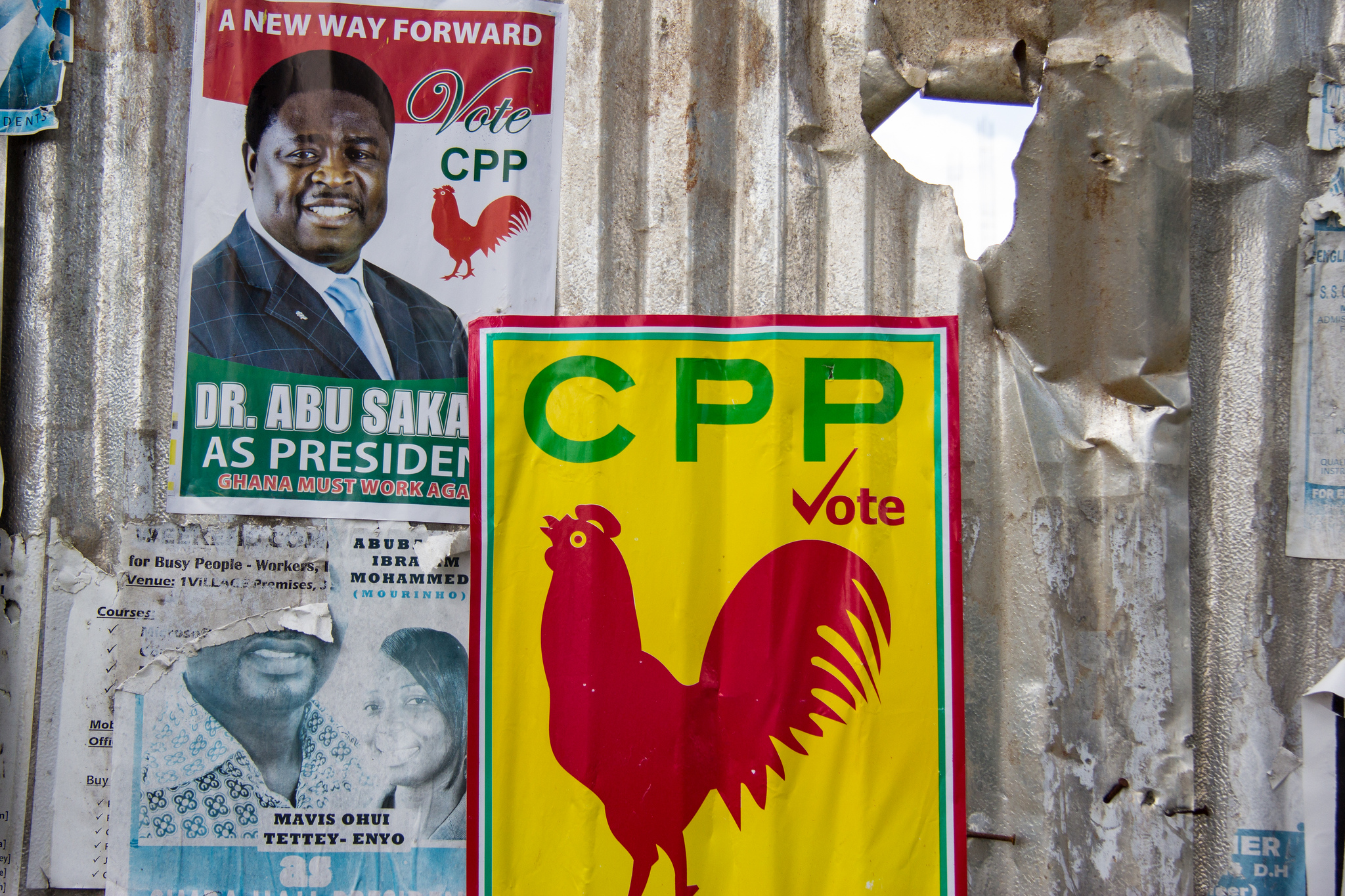This week the president of Ghana, John Dramani Mahama, assured voters that the government would not shut down social media during the upcoming December 2016 elections. The statement comes after months of controversy surrounding remarks made by Inspector General of Police John Kudalor in May, when he announced that he was considering shutting down social networks. The police chief’s plans immediately evoked a stern response from opposition political parties and civil society groups, including #KeepitOn campaign member PenPlusBytes.
PenPlusBytes welcomed the president’s remarks. When we connected with Executive Director Kwami Ahiabenu II today, he explained that the president’s statement is commendable because the ban posed “a threat to the electoral dignity the country has attained,” adding that a shutdown would have put in question “our democracy and the rule of law.” Instead, he noted, “the presidency, as the highest political office in the country, has reassured us that there would be no cuts to online communication in December.”
PenPlusBytes has since vowed to engage citizens, political parties, and election bodies on digital rights issues as election day approaches in the peaceful West African country. The president’s remarks should represent the last word on the topic and, importantly, Asantehene Otumfuo Osei Tutu II, the traditional chief of the largest ethnic group in the country, has stressed the important role social media can play in holding African leaders accountable during elections.
A shutdown in Ghana would have been only the latest move by governments in Africa to stifle free expression during a critical moment in the democratic process — the voting period. Already this year, governments in Chad, Congo-Brazzaville, and Uganda have ordered internet shutdowns as voters headed to polling stations. In Uganda, President Museveni confined opposition candidate Dr. Kizza Besigye to house arrest under the cover of a blackout. This move also struck a blow to the local economy: our conservative estimate suggests that the shutdown resulted in an economic loss of as much as $23 million per day in the mobile banking sector alone.
President Mahama’s statement is important news for everyone who cares about stopping internet shutdowns globally. It shows that when we listen and support activists working on the ground, we can push back effectively, protecting people from violations of human rights. Over the past few months, people have spoken against shutdowns in countries such as Nauru, Brazil, and Uganda. It is encouraging to see that in a country with strong institutions like Ghana, people can safely speak out and have a positive impact on policy at the highest levels of government.
It may be more effective to stop shutdowns before they’re ordered, than to react after they have already taken place. There is a growing international consensus opposing shutdowns, with clear leadership at the United Nations and in industry groups. In July, the United Nations Human Rights Council passed a resolution that specifically condemns internet shutdowns. The Global Network Initiative also joined the Telecommunications Industry Dialogue — industry groups that together include Facebook, Google, Microsoft, AT&T, and Vodafone — to speak out against shutdowns. This bold statement was swiftly followed by a statement from the GSMA, one of the world’s largest technology associations, that laid out strict standards for orders issued to telcos to restrict service. Nevertheless, Access Now has recorded more than 30 shutdowns in 2016 worldwide.
The #KeepitOn campaign is supported by nearly 100 organizations from almost 50 countries around the globe that are pushing back on internet shutdowns at every level, from governments to telcos to tech companies to everyday internet users. If you’re part of the #KeepItOn campaign, thank you. We need all the help we can get to head off shutdowns, wherever they take place. Each and every effort to push back counts. If you or your organization is not yet a part of the campaign, please join us here.
